Section: Environment
There are more than 60 results, only the first 60 are displayed here.
Become a subscriber for more search results.
-

ENVIRONMENT
- David Halliday
- 11 January 2024
How will a warming planet impact us? In conversation with Eureka Street, longtime climate journalist and contributing editor for Rolling Stone Jeff Goodell discusses two decades of covering climate change, examining the effects a superheated world, and how humanity will need to adapt.
READ MORE 
-

ENVIRONMENT
- Anthony N Castle
- 28 November 2023
1 Comment
There is an economic case for acting on the climate crisis but the economics can be a distraction unless we start the conversation at the right place: the environment. A heating climate will cost us trillions. If we don’t act at all, it will cost us everything.
READ MORE
-
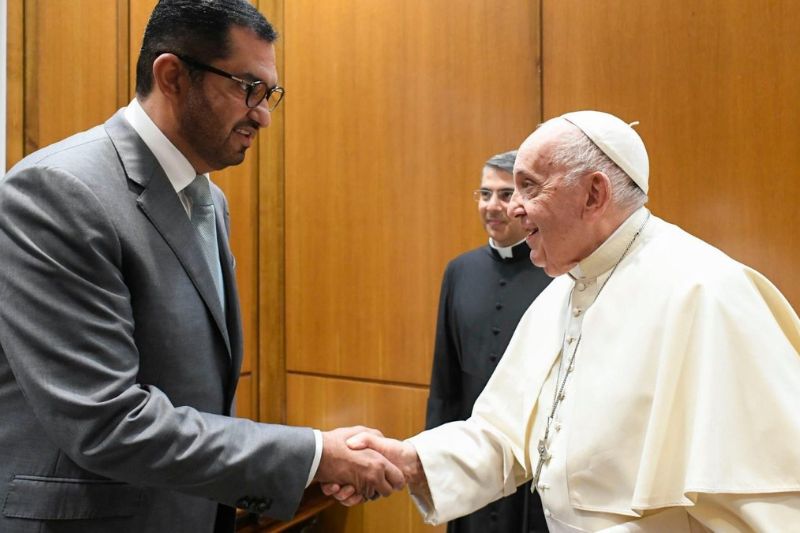
ENVIRONMENT
- Andrew Hamilton
- 12 October 2023
3 Comments
Pope Francis' latest Exhortation 'Laudate Deum,' is an evocative sequel to 'Laudato Si’, juxtaposing the urgency of our environmental predicament with the fragility of human hope. Before the upcoming COP28 conference, as nations teeter between action and inertia, the Pope's message is clear: our shared environment, and the most vulnerable among us, hang in the balance.
READ MORE
-

ENVIRONMENT
- Sarah Bacaller
- 06 September 2023
Fast fashion's allure is undeniable, but the environmental and ethical tolls it exacts are staggering. With 200,000 tonnes of clothing dumped annually, the pressing question is: How can fashion be sustainable and ethical? In a world drowning in disposable clothing, can we redesign the fabric of our consumer habits?
READ MORE
-
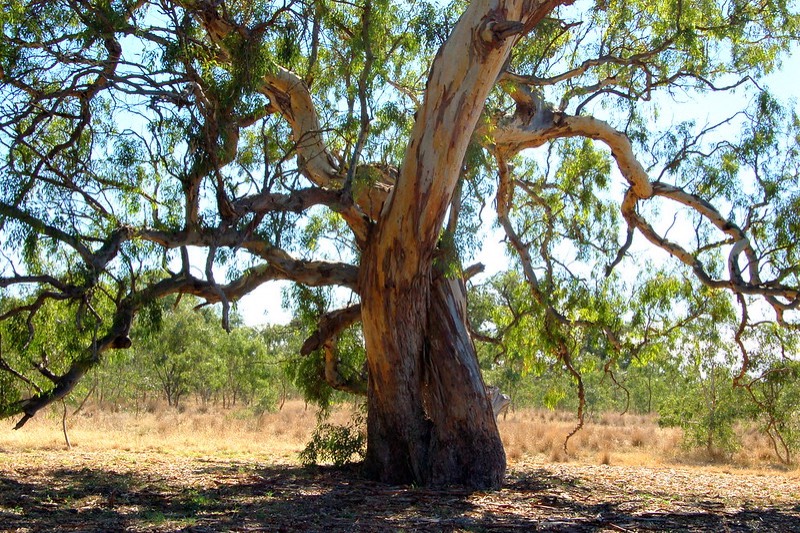
ENVIRONMENT
- Brian Matthews
- 17 August 2023
Red gum, this ‘smooth-barked large tree that gives watercourses all over Australia their Australian feel’, seemed intent on bobbing up in my life one way or another, sometimes as a result of sheer luck or coincidence. (From 2021)
READ MORE
-

ENVIRONMENT
- David Halliday
- 11 August 2023
How will a warming planet impact us? In conversation with Eureka Street, longtime climate journalist and contributing editor for Rolling Stone Jeff Goodell discusses two decades of covering climate change, examining the effects a superheated world, and how humanity will need to adapt.
READ MORE 
-
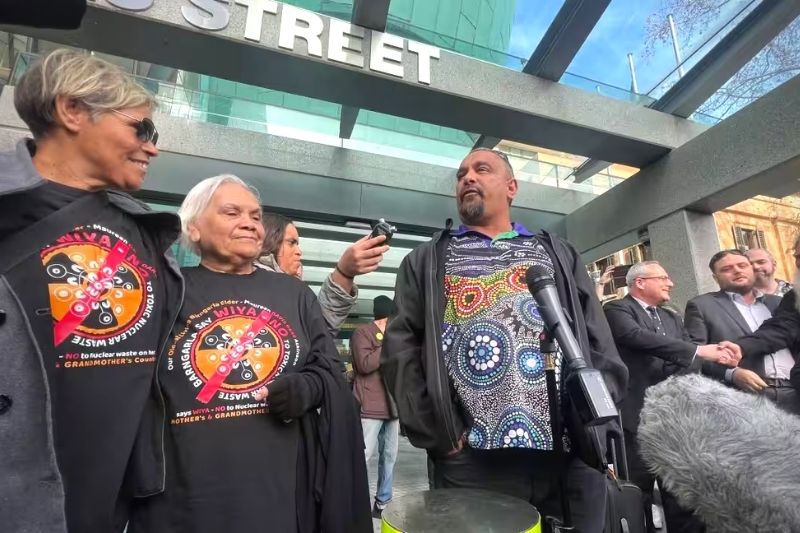
ENVIRONMENT
- Michele Madigan
- 10 August 2023
9 Comments
Barngarla traditional owners celebrated after the Federal Court set aside a decision to build a nuclear waste dump at Kimba when a judge found the decision had been shaped by 'bias'. This comes after a six-year fight against a controversial proposal to build a nuclear dumping facility on Kimba Native Title land.
READ MORE
-
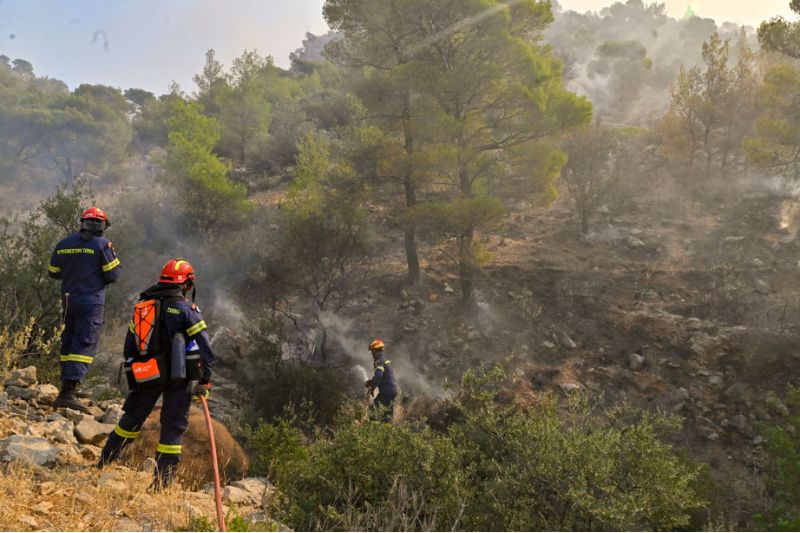
ENVIRONMENT
- Gillian Bouras
- 26 July 2023
6 Comments
With Southern Europe's relentless heatwave leading to ensuing wildfires and loss of life, what is the future of this region under such environmental duress? And how can individuals and communities respond to the urgent and pervasive threat of climate change?
READ MORE
-

ENVIRONMENT
- Sarah Bacaller
- 30 June 2023
1 Comment
The work of Tony Rinaudo has contributed to the regeneration of over six million hectares of desertified land in Niger alone. Farmer Managed Natural Regeneration (FMNR), is an approach to reforestation has become a global movement and is gaining popularity as a tool in the fight against climate change.
READ MORE 
-

ENVIRONMENT
- Michael McVeigh
- 11 April 2023
The government’s Powering Australia Plan promises renewable energy and net-zero emissions by 2050. However, analysts warn that there is little change in the economic and bureaucratic structures that support the fossil fuel industry. Unless Australia finds a way to prosper sustainably, the country will continue to benefit from emissions while the rest of the world suffers.
READ MORE
-

ENVIRONMENT
- Michele Gierck
- 24 March 2023
Climate science doesn't make for comfortable reading. As the climate crisis continues to escalate, Dr. Joëlle Gergis, prominent climate scientist and one of Australia's lead authors of the IPCC Sixth Assessment Report, offers readers a unique perspective on the urgent need for mass climate action and why we have reason to hope.
READ MORE 
-
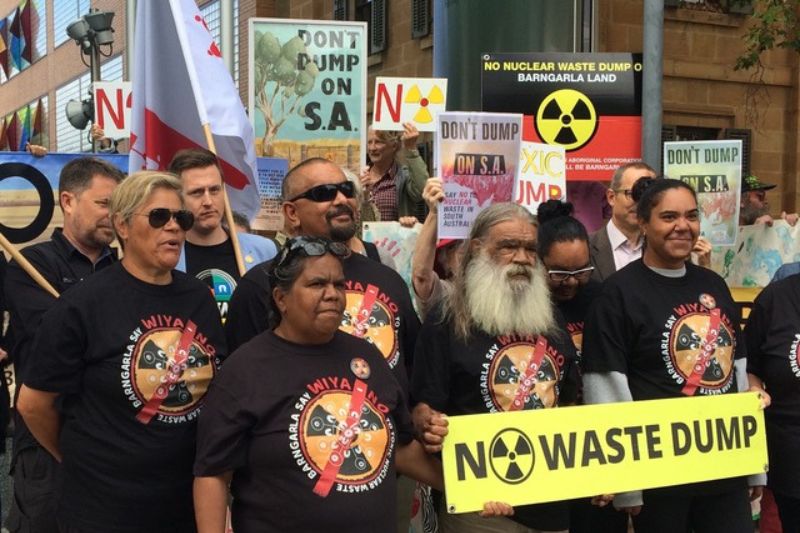
ENVIRONMENT
- Michele Madigan
- 16 March 2023
14 Comments
Barngarla traditional owners continue to resist the plan for a nuclear waste facility in Kimba, despite millions spent by successive federal governments, and ongoing unanswered questions about the project's necessity and the risks involved.
READ MORE